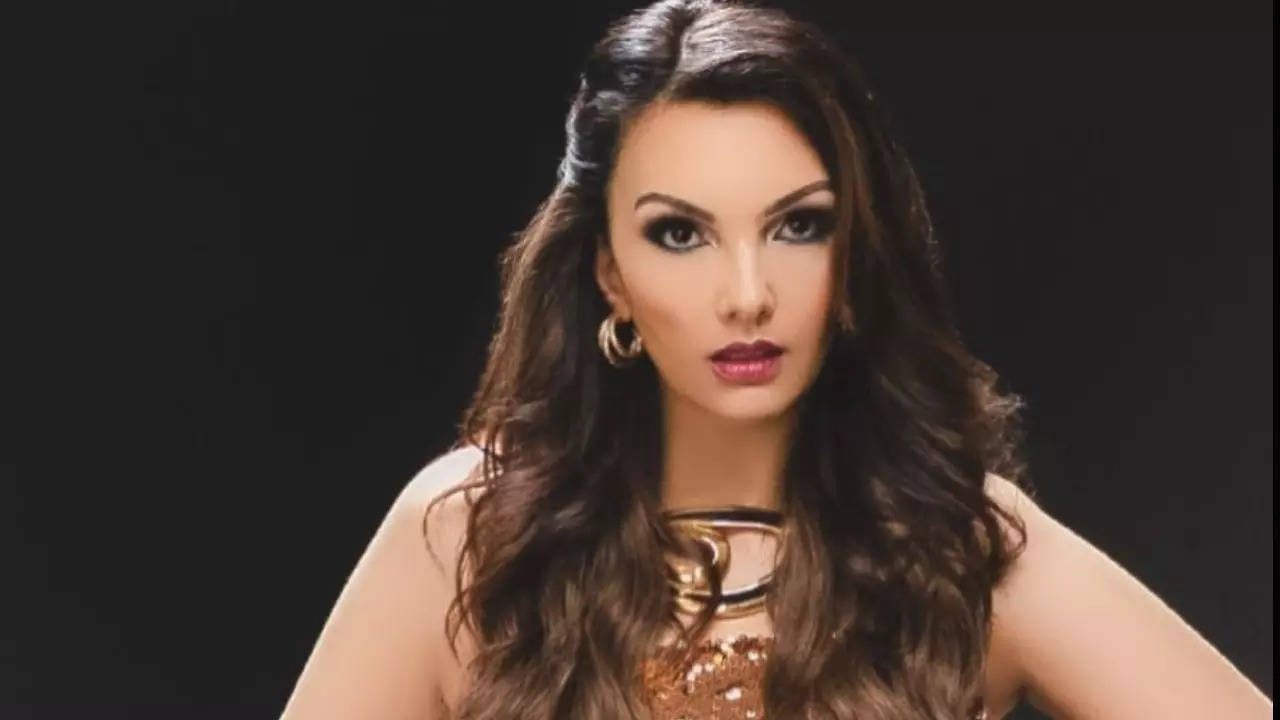In a recent interview, she also discussed why the MeToo movement struggled to gain the same momentum in India as it did in other parts of the world.
Reflecting on the movement, Somy Ali, in a Hindustan Times interview, highlighted the case of Tanushree Dutta, one of the prominent figures who spoke out during India’s MeToo wave. She pointed out that model Diandra Soares, a close friend, also came forward during this time. However, according to Somy, the societal and cultural factors in India create a significantly more challenging environment for victims to speak out compared to countries like the United States.
She drew parallels between the situations in India and the lengthy battles for justice faced by survivors in America. She mentioned that it took nearly two decades for people to publicly accuse high-profile figures like Jeffrey Epstein and Bill Cosby. Similarly, Hollywood actresses Gwyneth Paltrow and Ashley Judd took 18 years to disclose their experiences of harassment. Somy Ali believes that achieving justice for MeToo victims in India and Pakistan will likely take an even longer time due to deeply ingrained social stigmas and fears.
To illustrate the pervasive fear and reluctance to speak out, Somy Ali mentioned the notorious case of O.J. Simpson, who was widely believed to be guilty of murdering his wife and her friend but avoided conviction due to various factors, including public fear. She underscored that Simpson’s eventual imprisonment for an unrelated crime—stealing memorabilia—was a form of delayed justice. Commenting on the same, she even used SRK’s dialogue to support her point. She said, “Shah Rukh Khan always says, if things go wrong or they don’t happen as per our plans, then picture abhi baaki hai (the show is not over yet).”
#Somy #Ali #MeToo #Movement #India
